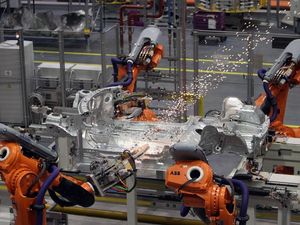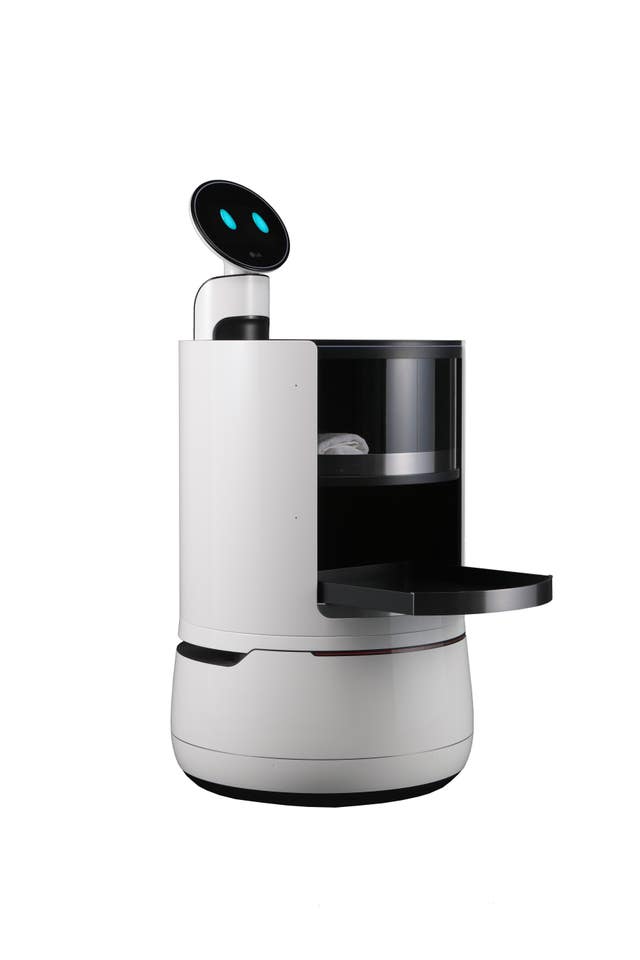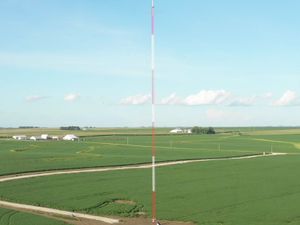Robots probably aren’t coming for your job after all
Research by the OECD claims automation may not take work from humans at as high a rate as previously thought.

Artificial intelligence and robots are likely to take on fewer jobs than first feared, according to the Organisation for Economic Co-operation and Development (OECD).
A 2013 forecast by two Oxford University professors had suggested that as many as 35% of jobs in the UK were at a high risk of being automated in the next 20 years.
However, new research from the OECD has put the figure at 12%.
According to the report, previous studies on automation exaggerated its impact because they did not take into account the differences between jobs with the same name and how that role was fulfilled depending on circumstances.
But the research does warn that an additional 32% of jobs will see “significant change” in the way tasks within that role are carried out as a result of tasks within that job being automated – changing the skill set required to carry it out.

The OECD report found that automation was most likely to affect jobs in the manufacturing industry and agriculture, but service jobs such as postal and courier services, land transport and food services were also named as highly automatable.
It also warned that younger workers were among the most at risk from automation because entry-level roles were among the most likely to be automated.
The OECD research was carried out across 32 of its member countries, including the UK and the US.





